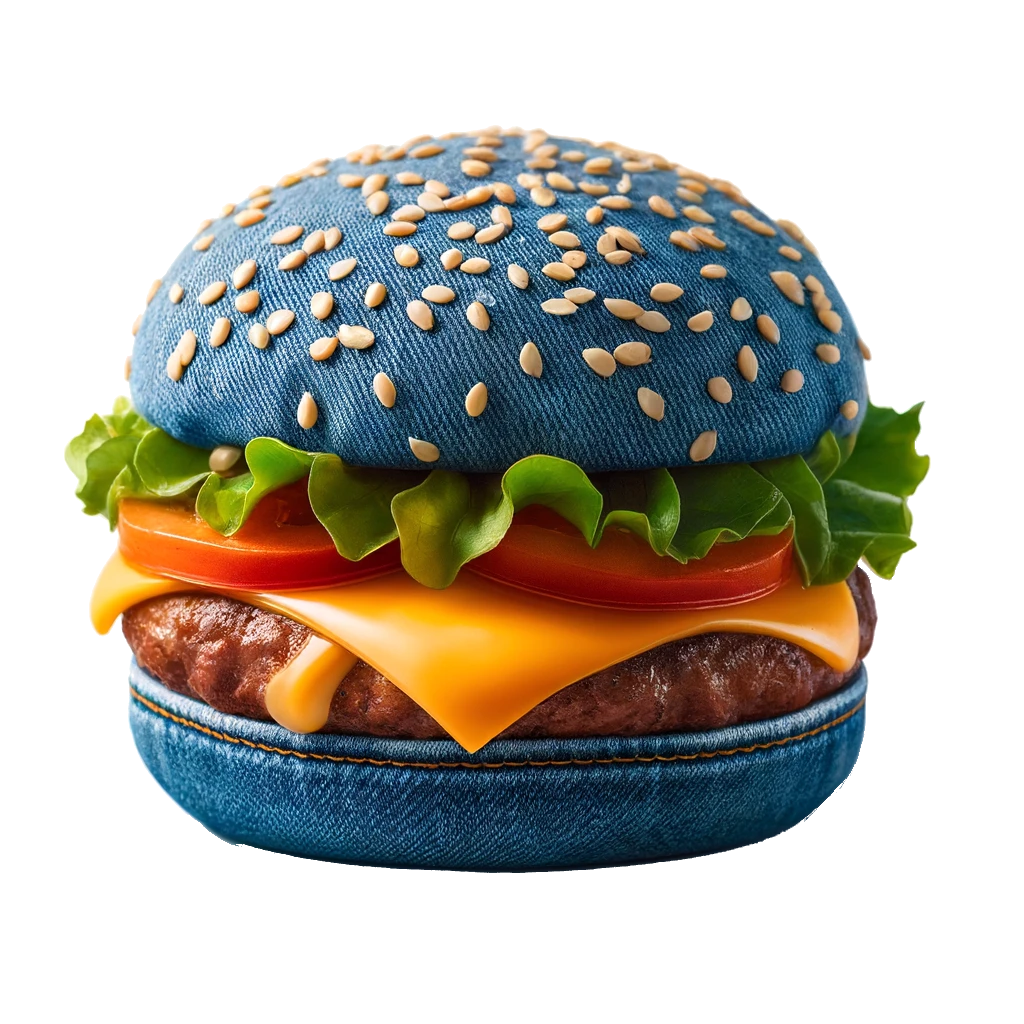I’ve been tuning to print at a 0.1mm layer height, the ironing turned out like this. The left side of the Z is a little textured and more shiny.
Why did this happen and how could I fix it?
It’s because your nozzle is ever so slightly too low when you’re printing. I’d adjust your Z offset by one click upwards.
Reprint the cube, and see if that resolved it. If not adjust upwards by another click.
If after a handful of times you can’t get a decent ironing pass, I’d take a look at your extrusion multiplier. Drop it down by 0.01 and recalibrate and retry doing the above ironing calibration sequence again.
Try monotonic order on top player. I never tried it with ironing, but its worth a shot
That looks like the issue to me as well, good call.
There’s a video on this that might help you. https://youtu.be/wgXlyyJeY8I?feature=shared
i don’t know much about 3D printing, but it looks like a bit of fine sand paper and then ironing again could fix it.
Ironing is a 3d printing term where the heated nozzle is used to smooth the final layer, it’s not about taking an actual iron to your print.
The print shown is a calibration cube, meant to show you the results of your print settings so you can adjust them to get better prints.
ohh, i see, so you don’t want to fix that particular cube, but the process. lol, sorry.
Exactly, it’s not about fixing this print, but about figuring out what’s going wrong so you know how to make the next one better.
deleted by creator



